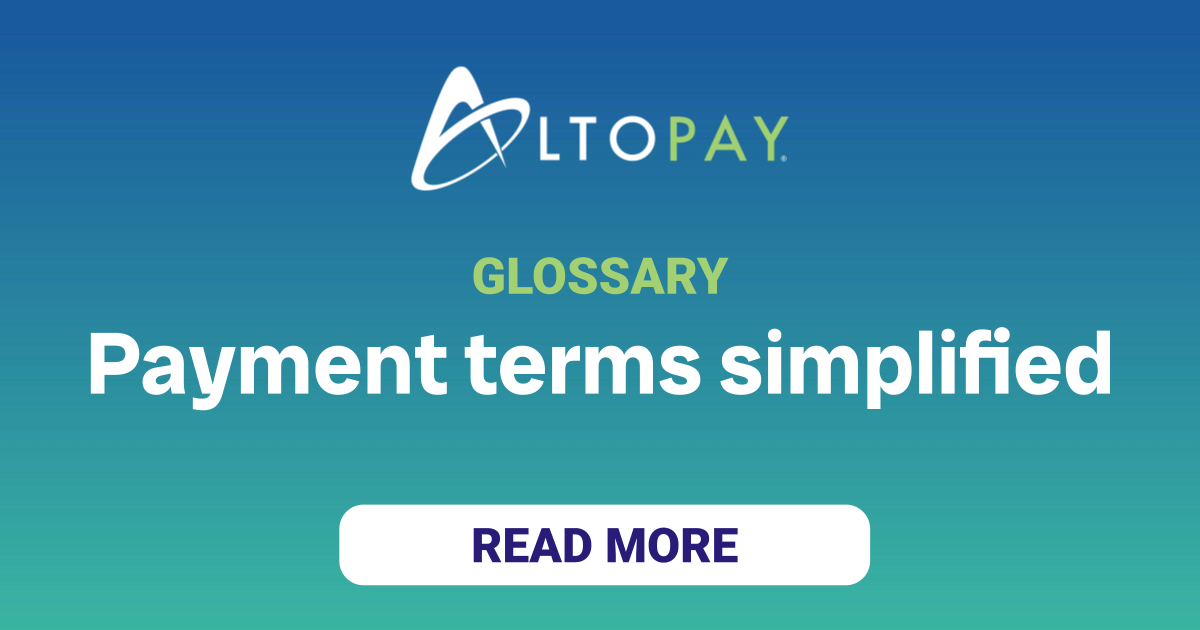Address Verification Service (AVS) is a fraud prevention tool that can block unauthorized transactions during card-not-present purchases. It compares the billing address provided during checkout with the address on file at the cardholder’s bank, analysing the numeric portions of the street address and ZIP code. AVS results are returned during the authorization process and indicate whether there is a full, partial, or no match. A full match means the person making the purchase is likely the cardholder. A no match could indicate a fraudster is attempting to use stolen card details but hasn’t accessed the cardholder’s personal information.
AVS is one of the earliest adopted security measures for ecommerce and is supported by most card brands (Visa, Mastercard, etc.). However, AVS is usually only relevant in the U.S. and isn’t always compatible with international transactions.
You can use AVS results to inform real-time fraud decisions. A mismatch might not automatically mean fraud, but it can indicate the need for additional checks before fulfilling an order. AltoPay provides control over how your system responds to AVS results — whether that’s flagging, rejecting, or manually reviewing transactions. Understanding how to interpret these results can help reduce your exposure to chargebacks while maintaining conversion rates.

For more than a decade, Jessica Velasco has been a thought leader in the payments industry. She aims to provide readers with valuable, easy-to-understand resources.


